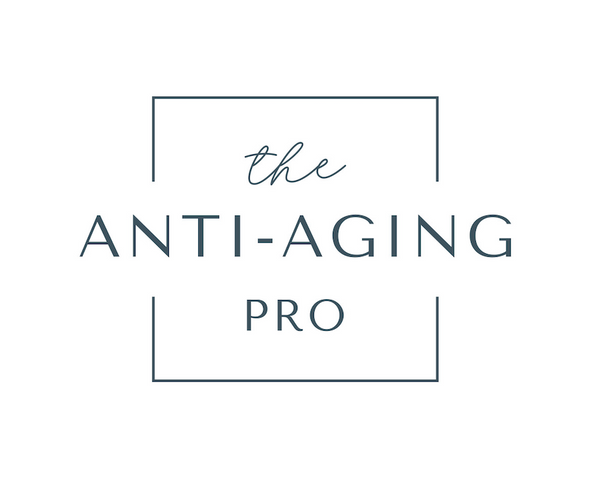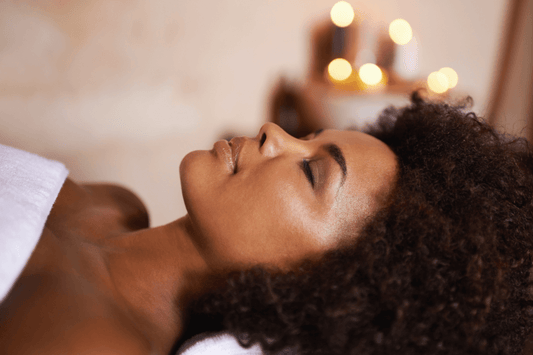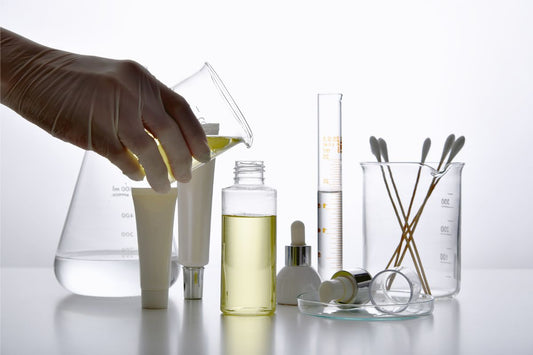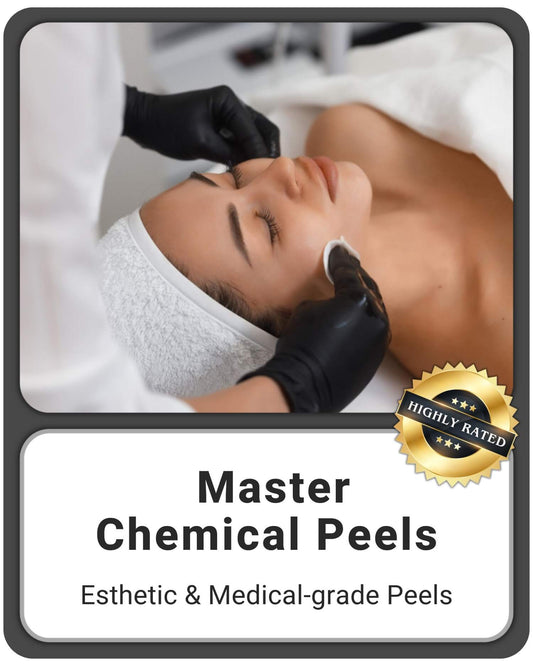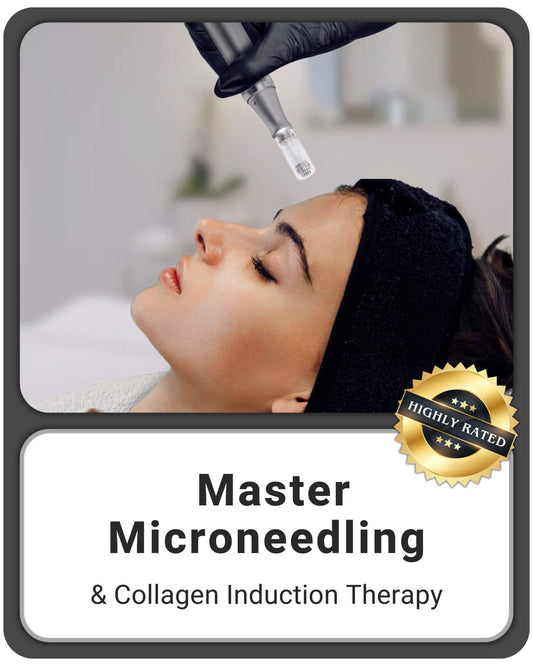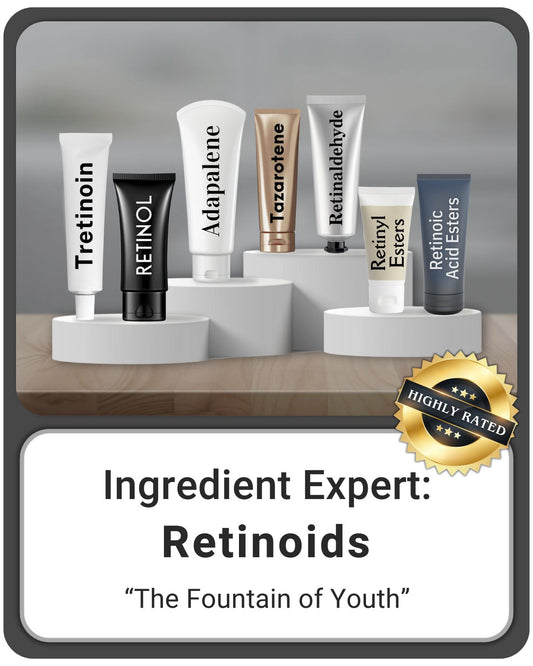
Dermstore: The Best Retinol Creams and Serums for Younger-Looking Eyes
Jen CopferShare

Dermstore: The Best Retinol Creams and Serums for Younger-Looking Eyes Article
The Best Retinol Creams
and Serums for
Younger-Looking Eyes
Author: Janeca Racho

From Dermstore article
Whether it’s keeping signs of aging at bay or clearing your complexion of acne and dark spots, retinol does it all. So, it only makes sense that this vitamin A derivative is hands-down the most sought-after ingredient in face serums, treatments and moisturizers. However, retinol can also be intimidating for first-time users—especially when you’re trying to address the sensitive skin under your eyes. But as it turns out, with the right product, use and formula, it can work wonders for your under-eye area and target any specific concern you might have.
Why Should You Use an Eye Cream with Retinol
As a skin care ingredient, retinol is best known for its ability to promote collagen and elastin production, which is why it has long been hailed as the “gold standard” in anti-aging skin care. “It works by stimulating skin cell turnover for DNA repair of photo damage, photo aging and fine lines and wrinkles,” says Dr. Azza Halim, a board-certified anesthesiologist and physician in Boca Raton, FL.
Retinol owes its efficacy to its tiny molecular structure, which allows it to penetrate the skin’s layers deeply. “It stimulates the production of new blood vessels in the skin to fade age spots, improve skin [texture] and give you a healthy glow,” adds Dr. Zachary Okhah, a plastic surgeon in Miami, FL.
This is great news for your under-eye skin, which happens to be up to 10 times thinner than the rest of the face. The skin under your eyes also tends to be drier and extra delicate, which is why it’s often the first to show signs of aging.
When to Use an Eye Cream with Retinol
Using retinol comes with plenty of dos and don’ts and requires careful application, but there is no specific age you need to hit before you can start adding it in your routine. “Retinol is something that can be incorporated into any skin care routine regardless of age. It just needs to be added in gradually,” says Dr. Halim. This is because retinol’s anti-aging properties not only restore and repair but also prevent premature skin aging, so you don’t have to wait until you notice your first crow’s feet or wrinkle before you start using an eye cream with retinol.
But if you’re still wondering if your current routine really needs an upgrade, here’s something to think about: Collagen production generally starts to dwindle once you hit your mid to late 20s, so the earlier you add retinol in your routine, the better you can preserve your youthful skin.
“The most important thing to remember is that it’s always easier to prevent signs of aging than try to correct it once it starts. Ultimately, depending on the person and their goals, mid 20s to early 30s is a great time to add retinol to your skin care routine,” adds Jen Copfer, a medical aesthetician and registered nurse in Beverly Hills, Calif.
How to Apply Retinol Around the Eyes
One of the golden rules of skin care is to always start slow when adding new ingredients in your routine, and this is especially true when using retinol. For first time users, it’s best to start with the lowest concentration and allow your skin to build tolerance before moving up. And while it may be exciting to try a new product, Dr. Halim recommends going easy at the start, which means using retinol two or three times during the first couple of weeks. “If skin reacts to retinol, it’s best to stop until the skin calms down,” Dr. Halim adds. Once the reaction has subsided, you may start using retinol again, making sure to apply it at a slower rate until your skin is acclimated enough to tolerate daily use.
Eye creams with retinol are formulated specifically for the sensitive under-eye area, but irritation may still occur especially when using new products on delicate skin, says Copfer. To help prevent unwanted reactions, it’s important to avoid other ingredients that can aggravate your skin. “Don’t use any other products that contain active ingredients such as AHAs, BHAs and vitamin C on the same area as retinol,” she adds.
Sunscreen is also key if you want to get the most out of your retinol eye cream while preventing sensitivity and irritation. “Since retinol works by strengthening the lower layer of the skin and by thinning the outer layer, it’s very important to use sunscreen daily to prevent sunburn. You can also avoid irritation by applying moisturizer underneath or by choosing an eye cream that is a moisturizer as a base,” explains Shawnda Dorantes, master nurse injector and co-owner of Beauty Lounge Medical Spa in San Diego, Calif.
